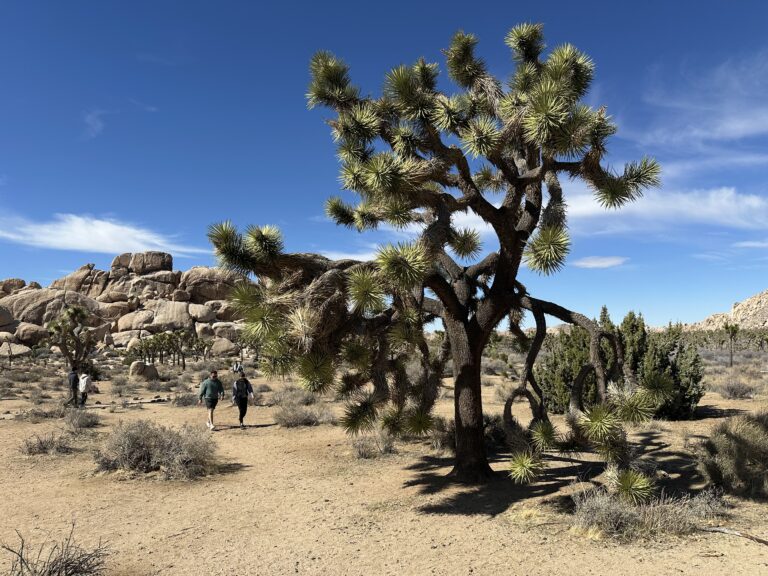The atmosphere is more open than a Zen monastery but less so than a resort or spa. Located just five hours to the north in British Columbia, the Ashram Yasodhara offers a reflective getaway to individuals of all spiritual traditions. Whether participating in daily yoga classes, attending sacred dance courses or participating in satsangs (communal gatherings devoted to chanting and studying yogic devotional texts), the Ashram offers a reflective experience where visitors are guided towards a deeper understanding of themselves.
“At the Ashram, visitors come seeking time alone, but also wanting to feel a part of a community. It is a place to reflect on your life,” says Elizabeth, a resident of the Ashram.
In 1963, German-born Swami Sivananda Radha, returned from her studies in India and founded the Ashram Yasodhara. Resting on 120 acres along the shores of glacier-fed Kootenay Lake, the Ashram is a vibrant spiritual community with 16 permanent residents. In addition to the Ashram, Swami Radha went on to found 15 additional Radha Centers internationally, one of which is located in Spokane.
In Hindi tradition, an Ashram is a place for disciplined community living. The Ashram Yasodhara is a celibate community that offers comfortable, but separate accommodations for men and women. The Ashram does not allow alcohol or illegal drugs.
Various buildings dot the landscape at the Ashram. While walking along gravel and dirt paths that wind through the site, visitors encounter everything from housing accommodations (the newest of which utilizes a geothermal heat source, and recycled and local materials) and a shared workshop to a community garden and the Temple of Divine Light, a white, circular domed structure built from a visionary dream of Swami Radha’s. A main reception building, that greets visitors when they first arrive houses classrooms, the dining hall where silent meals are shared, and a bookstore with a rich and varied collection of spiritual titles.
All meals prepared at the Ashram are vegetarian and include, as much as possible, organic vegetables grown from their gardens. Meals are nutritionally sound, comprehensive and delicious. Homeade soups, fresh salads and a variety of bean spreads are typical of the fare served daily in the dining hall. Monthly recipes are published on their website.
Central to the Ashram are the yoga courses, intensives and retreats that are offered throughout the year. All classes focus on personal reflection.
“All questions are answered here in an integral way. There is a lot of time here-time expands. I was guided deeper into myself in a way I did not know how to do on my own,” says Elizabeth.
The Ashram’s most popular course is their Yoga Development Course, a three-month intensive that is full for 2007. This course studies the major branches of yoga through group study, personal reflection and practices.
The Ashram also welcomes families with young children, teens and young adults. “We have a Teen Program for ages 13 – 18 and families can be here together and retreat separately, as well,” says Elizabeth.
Families on retreat can save up to 40% registration costs, and residents are available for periodic childcare for families with smaller children so that mom and/or dad can attend classes.
The Ashram also supports a Young Adult program, where ages 18 – 30 spend two weeks at the Ashram. Participants receive a 50% discount and perform karma yoga (service to the community) for 8 hours a day full-time, attend daily hatha yoga, satsang and a weekly in-depth reflection class. Young adults are encouraged to develop their focus, discipline and independence in a supportive spiritual environment.
If you are unable to attend one of the scheduled retreats, the Ashram accepts visitors regularly on a pay per night basis. The cost is $100/ night for accommodations, three meals and two hours of karma yoga.
Visitors to the Ashram include an international mix of residents fromVancouver, Montreal and Alberta, B.C., Washington, Idaho, England, Australia and Japan.
“Our goal is harmonious community living. It is a sacred place, not just community. To live teachings of yoga day to day. Throughout the day. It is all about you, us and our evolution.”
For more information and schedules please call (800) 661-8711 or visit http://www.yasodhara.org.
When You Go:
FROM COEUR D’ALENE HEAD north on U.S. 95. You’ll pass through Sandpoint and then Bonner’s Ferry. After Bonner’s, about 15 or 20 miles toward the border, watch for a turn off to the left onto Highway #1 which goes to the U.S. Border Crossing at Porthill, ID (If you continue on U.S. 95 you will end up further east at the Eastport Border Crossing-the long way round!).
Once across the border, head north on Canadian Highway 21 toward Creston. The city of Creston will be on your right. You can drive straight through on 21 (you don’t have to go into Creston). Watch for signs for Highway 3A. The turn is under Highway 3 that goes west to Salmo and Nelson (don’t go there!). Highway 3A goes north along the east shore of Kootenay Lake to where the ferry crosses the lake at Kootenay Bay. It is a winding road up the east shore of the lake.
From Creston to the Ashram takes about 1 hour 15 minutes.
On Highway 3A, you will pass through Crawford Bay and then go up over a low pass and descend toward Kootenay Bay. Watch for a sign to the right to a village called Riondel. There are also signs to the Ashram. This junction is just before you get to the ferry terminal at Kootenay Bay.
Drive north along the Riondel Road about a mile. Watch for Ashram signs pointing to the left onto Walker’s Landing Road.
Turn onto Walker’s Landing Road (a dirt road) and drive about a quarter mile to the end. The first building you will see is the main reception building. Parking is located to the right of the main building.













